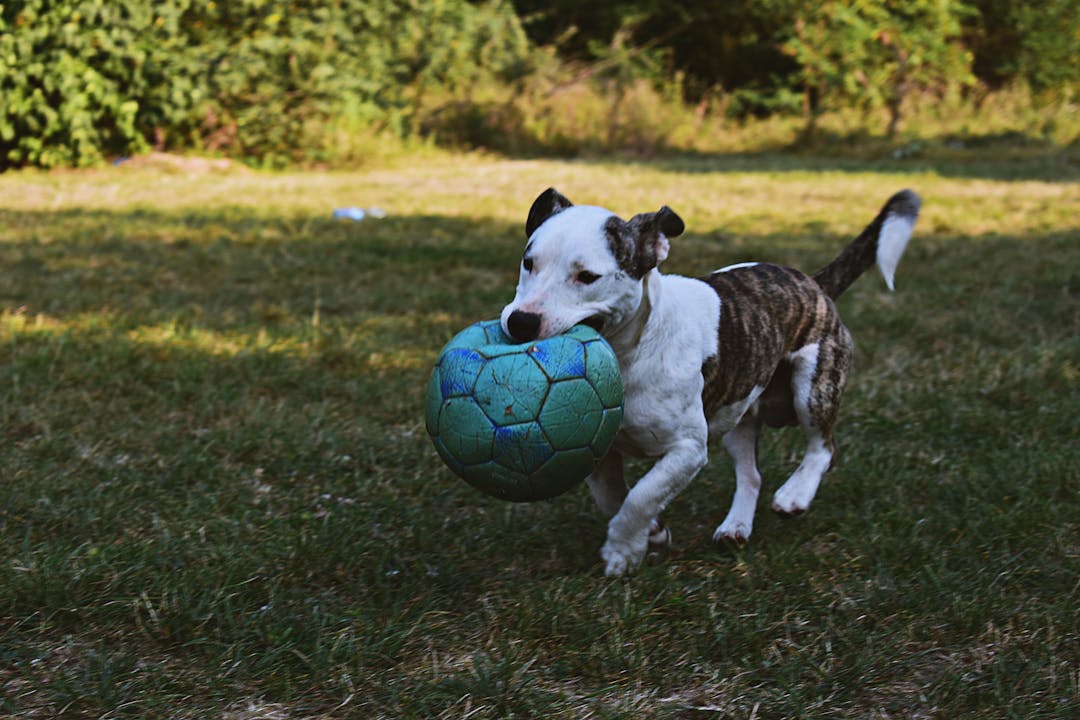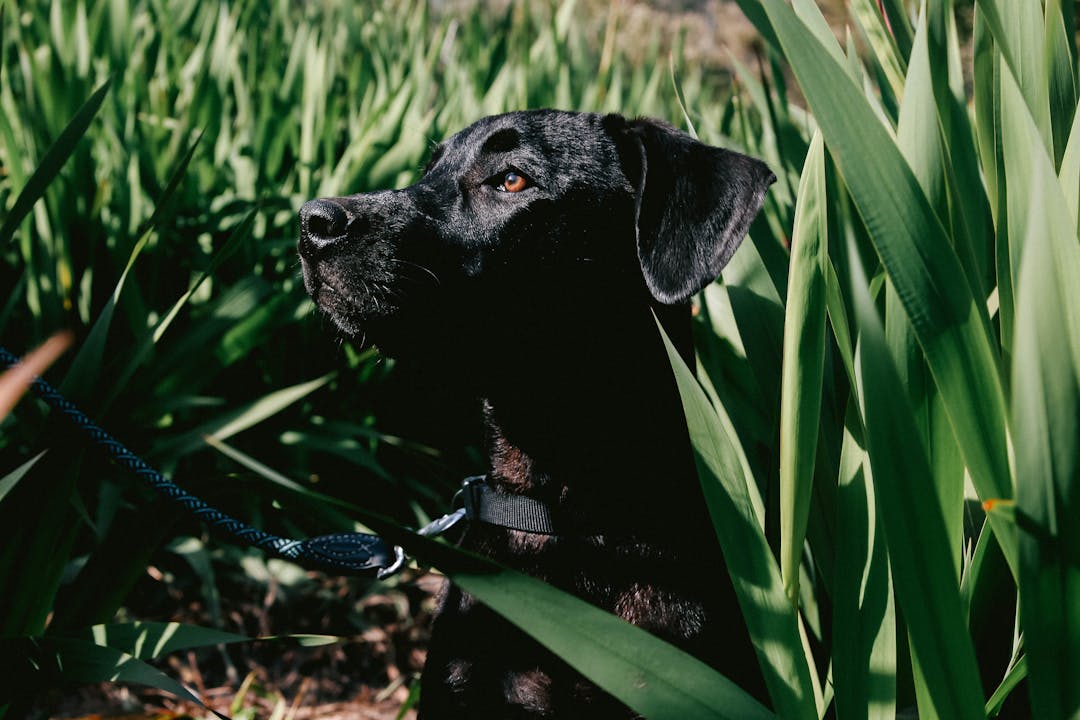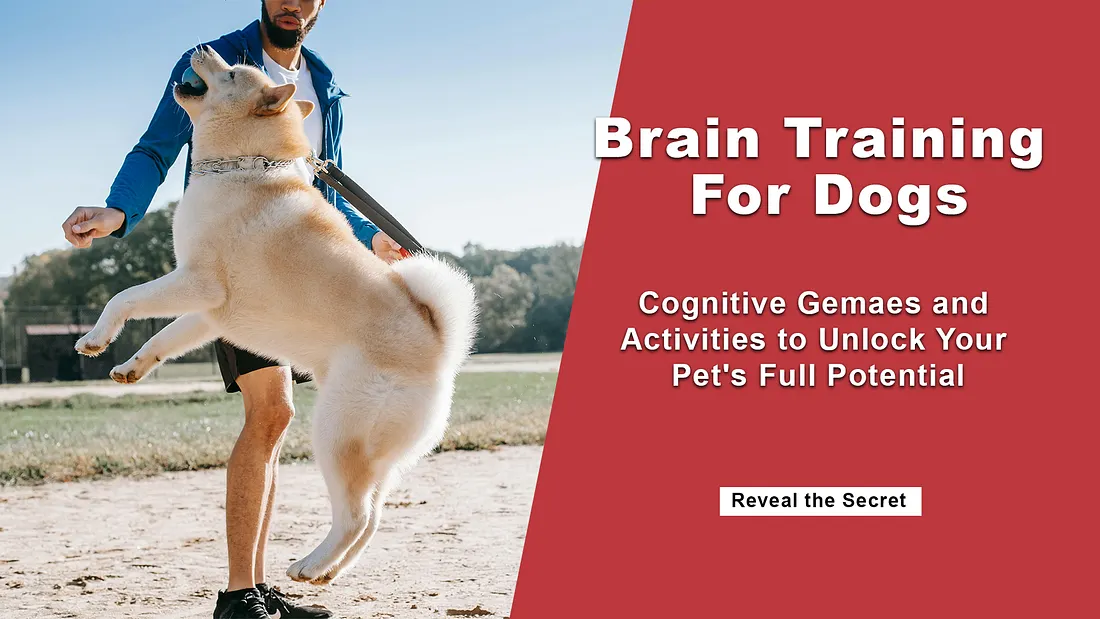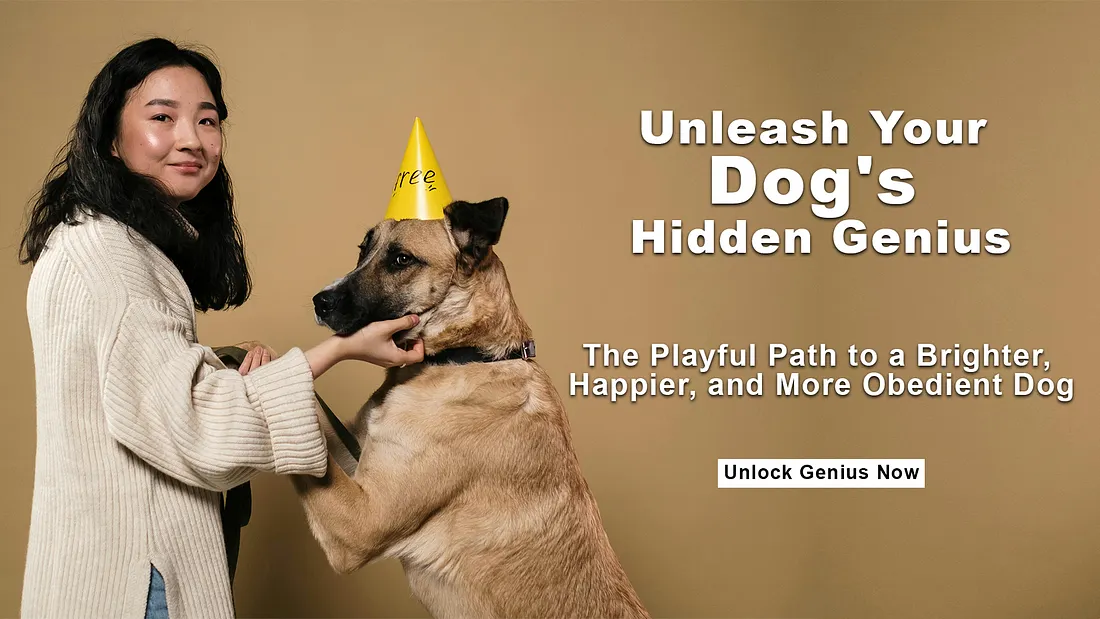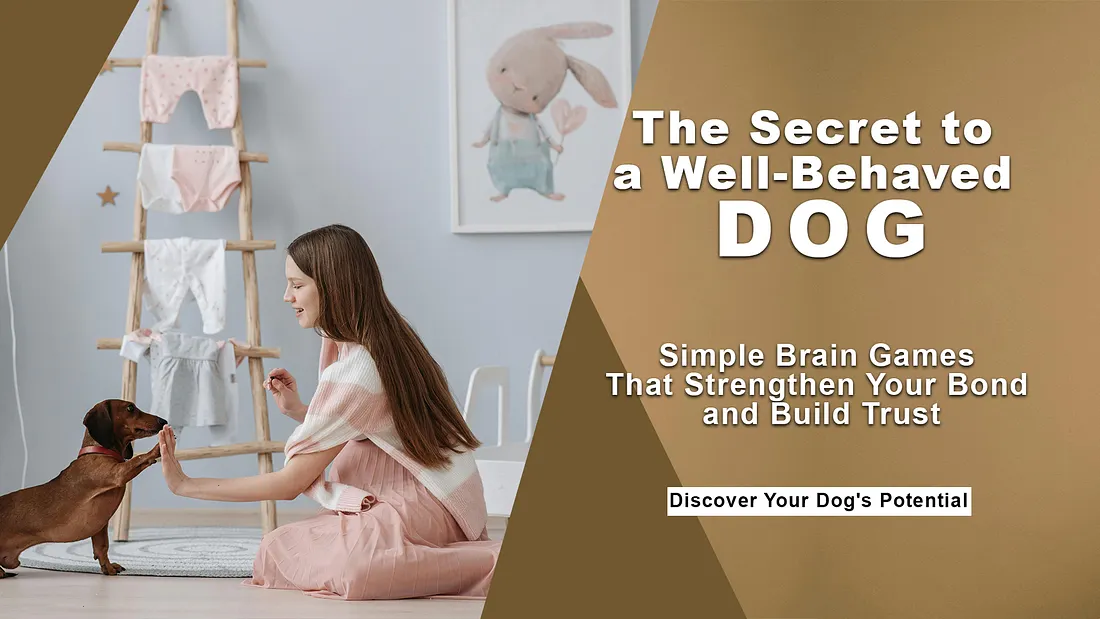Make Training Time Positive: Find a Dog Trainer Near You Now!
Fix Your Dog’s Undesirable Habits with Engaging Games
Those annoying habits we often see – lunging at guests, barking too much, leash pulling, you name it – often stem from a lack of exercise, under-stimulation, or a misunderstanding of what you expect. Positive training can change that!
- Got a dog that jumps for joy when guests arrive? Turn fetch into a jumping redirect.
- When guests arrive, right as your dog starts to get excited, send them on a “mission” to fetch a favorite toy.
- Reward them for bringing it back in exchange for attention from your guest.
Dog Training For Reactive Dogs: Is your pup more “ruff” around the edges than refined? Are you craving a better-behaved canine companion? The right dog trainer can make all the difference! Let’s break down how to discover the best dog training resources in your local area. Here we will discuss all the keywords like Dog Training Now and Dog Behavior And What It Means.
Why Dog Training Matters: Safety, Behavior, and Bonding
Dog training isn’t just about fancy tricks. It’s about helping your dog become a well-adjusted companion :
- Deeper Bond: Working together fosters trust and strengthens your relationship with your dog.
- Safer Dog: A well-trained dog is less likely to run off, engage in conflict, or show dangerous behaviors.
- Calmer Household: Training helps with problems like excessive barking, digging, and indoor mishaps.
Types of Dog Training Options
There is more than one way to help a senior dog learn! Here are some common training options:
- Obedience Classes: They focus on basic commands (sit, stay, come), walking politely on a leash, and socialization. These classes are perfect for puppies and dogs new to training.
- Personalized training sessions: One-on-one sessions tackle particular behavior problems or advanced training goals.
- Board-and-Train Programs: Your dog lives with the trainer for intensive training over a few weeks.
- Specialty Training: This includes agility classes, nose work, or guard dog training.
Finding the Right Dog Trainer
Avoid simply pick the first name you discover online. Ask about the meaning behind it where it comes from its history :
- Are their methods based on positive reinforcement or do they rely on outdated punishment methods?
- Ask about relevant certifications, which demonstrate a high level of expertise.
- Can they demonstrate success with dogs similar to yours?
- Ask for testimonials and success stories?
Tips for a Relaxed, Responsive, Fulfilled Dog
Everyone desires a well-behaved companion by our side. But behind every obedient, well-adjusted dog isn’t just a series of commands, but also a dog that is mentally stimulated, receives plenty of exercise , and deeply connected to its owner.
Play all three :
- Our furry companions, just like humans, need mental stimulation! Engaging in games encourages them to find creative solutions. This mental workout helps prevent boredom, which can lead to destructive behaviors.
- An exercised dog is usually a good dog. Incorporating physical exercise during your playtime establishes a healthy routine and lets them burn off excess energy in a controlled setting.
- There’s nothing better for strengthening the bond between you and your dog than having fun! Playing together fosters positive interactions, builds trust, and helps you understand your dog’s unique quirks and communication style.
Unlock Your Dog’s Optimal Behavior with Engaging Brain Games
Some of the most fun games tap into your dog’s innate instincts. Here are a few stimulating brain games to enhance your training:
- The “Find It” Game: Bury a treasured object in simple boxes or under towels. Encourage your dog to use their sniffing skills to locate the prize. Start easy and gradually increase the difficulty as they get the hang of it!
- The Cup Challenge: Ideal for honing concentration and building impulse control. Place three opaque cups upside down. Conceal a tasty reward under a single cup, then mix them up, encouraging your dog to guess which cup hides the reward.
- Brain-Boosting Games: Invest in interactive puzzles that require your dog to work for its treats. These mind-stimulating toys provide entertainment for your furry friend while improving their reasoning skills.
Struggling with your dog’s destructive habits? This step-by-step program is the solution you need.
The best dog training doesn’t feel like a chore for either of you. Play-based training transforms the whole experience with these key benefits:
- Increases Motivation: Dogs, like children, learn more quickly when it’s fun!
- Improves Recall: Games like fetch or an amped-up version of hide-and-seek naturally make your dog want to return to you, building reliable recall.
- Builds Confidence: Accomplishing tasks through play, even simple ones, builds positive associations and gives your dog a sense of pride.
- Reduces Stress: For both you and your dog! Play is a natural stress reliever, and the positive reinforcement approach eliminates the frustration that can come from traditional training methods.
Stop Struggling with Your Dog: Educate Through Play
If the traditional “sit,” “stay,” and “heel” approach leaves you exasperated, it’s time to embrace play. Remember, dogs don’t speak our language – they learn through actions and repetition. Games break difficult tasks down into fun steps, helping them have fun and succeed without pressure.
Here’s how to incorporate fun into your workout routine:
- Rather than physically pushing your dog into a seat, simply hold a treat above their head. As they naturally raise their head to reach it, gently guide it back so they end up sitting. Immediately reward them with praise! Now, you can add a verbal “sit” cue as the action happens. Try a similar approach by lifting a paw for “shake.”
- Rather than teaching rigid stillness, turn “stay” into an active game. Have your dog sit and stay for a brief moment, then toss a toy a short distance. Release them with an enthusiastic “go get it!” and reward them for returning instead of running after the toy forever. Gradually make the “stay” longer.
- Instead of fighting the leash, turn your walk into a fun follow-along game. Change speeds abruptly, walk in circles, and switch directions unexpectedly. Reward your dog for staying close to you. Add in a verbal “heel” cue as they follow your lead.
Dog Training For Reactive Dogs
Do you want a smarter, fitter, better-behaved dog?
Achieving a perfectly behaved dog doesn’t come in a magic pill. However, consistently making time for interactive, playful training sessions is the closest thing to it. You’ll notice the benefits extend beyond just the specific commands you teach.:
- Improved Cognitive Function: Mentally challenged dogs become better problem solvers even outside the context of training. This makes them less likely to get into trouble out of boredom!
- A Boost in Self-Esteem: A dog who knows playful “tricks” and excels during training feels more confident in their own abilities and their relationship with you.
- Better Overall Fitness: Active play is essential for keeping a dog at a healthy weight and helps alleviate arthritis and other ailments associated with a lack of exercise.
- Decreased Anxiety: A well-exercised, mentally stimulated dog is less prone to stress and stress-related behaviors.
A Unique Approach to Enhance Your Relationship with Your Dog
A key time you dedicate to playful training isn’t just about the results; it’s an investment in the most important thing – your relationship. Dogs thrive on loving interaction and shared experiences. Play fulfills both those needs and makes you your dog’s best playmate.
- Learn Your Dog’s Language: Through play, you’ll better understand their likes, dislikes, and how they communicate.
- Does a tail wag with a tucked rear mean anxiety instead of pure joy? Play gives you a window into their world.
- Mutual Respect: Play-based training avoids harsh punishments and focuses on rewards for good choices. Your dog will see you as a partner in fun, not just an authority figure.
Red Flags to Pay Attention To
- Trainers who promise quick results
- Those who focus heavily on punishment
- Anyone who refuses to let you watch a session
- Trainers who push you towards costly programs upfront
In your area Dog Obedience Resources
- Talk to your veterinarian: They can provide valuable referrals.
- Contact pet stores or shelters in your area: Many offer classes or referrals.
- Search online: Use keywords like “[your location] dog training”. Check out reviews on Google, Yelp, or similar sites.
- Find local dog-related communities: Use social media or Meetup.com to find dog owners with trainer recommendations.
Keywords: Dog Training Now, Dog Training For Reactive Dogs, and Dog Behavior And What It Means. Your location is near Houston, Texas, Harris, 77036.
Time for some fun begin!
Keep in mind, play-based training is all about being flexible and having a blast alongside your pup! Use your imagination, make things silly, and celebrate each tiny win along the way. You might even find yourself rediscovering the pure delight of being a dog owner as your loyal companion blossoms into their happiest and most well-behaved self.
